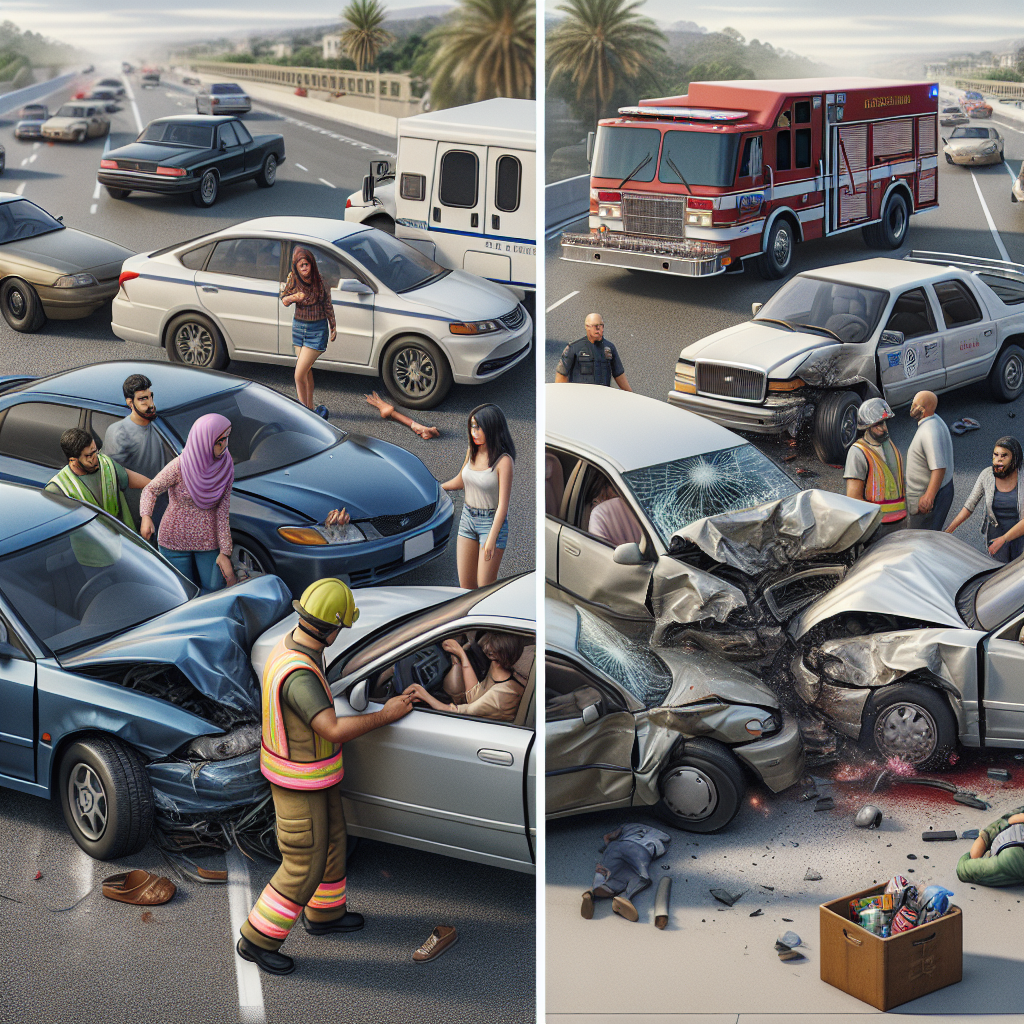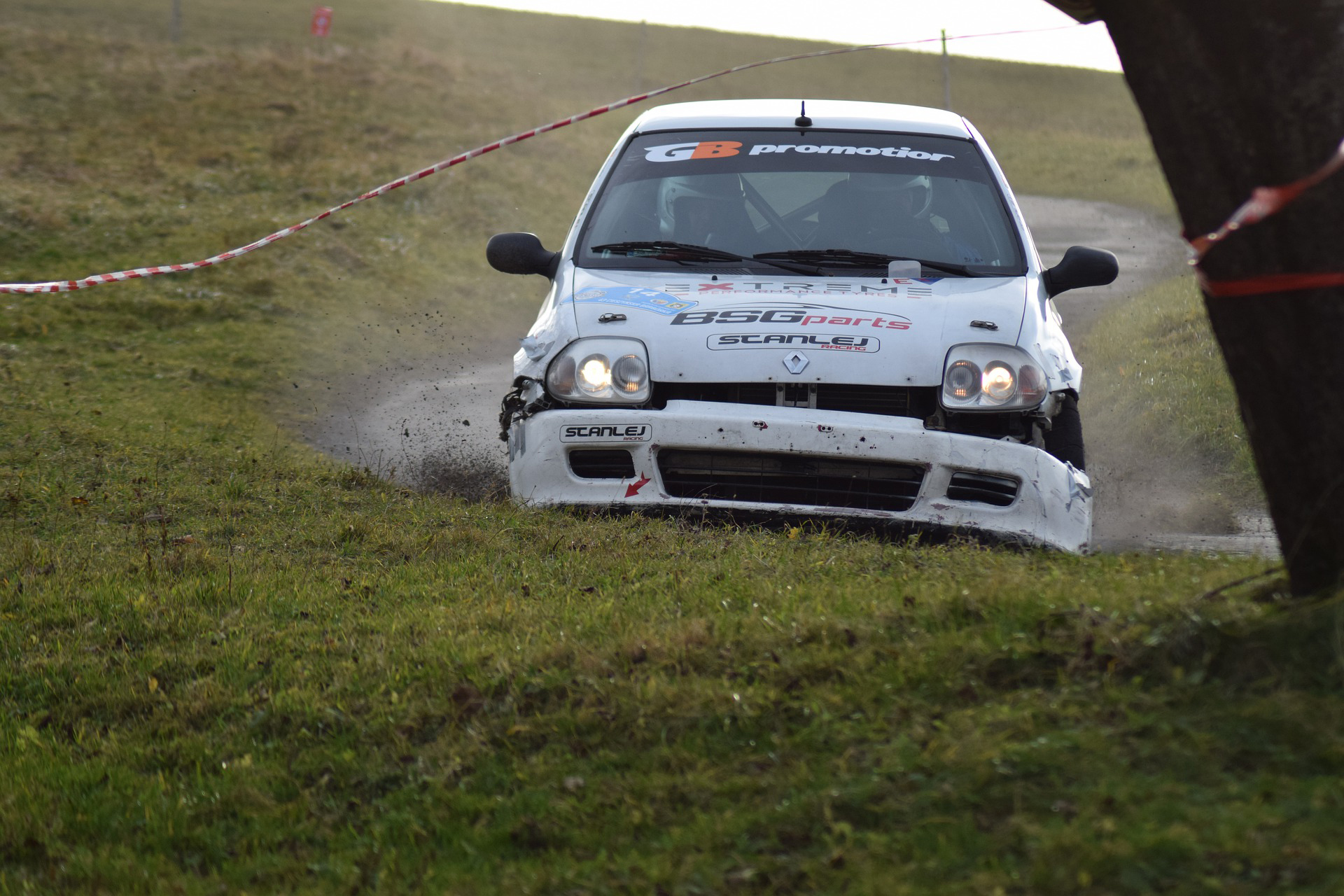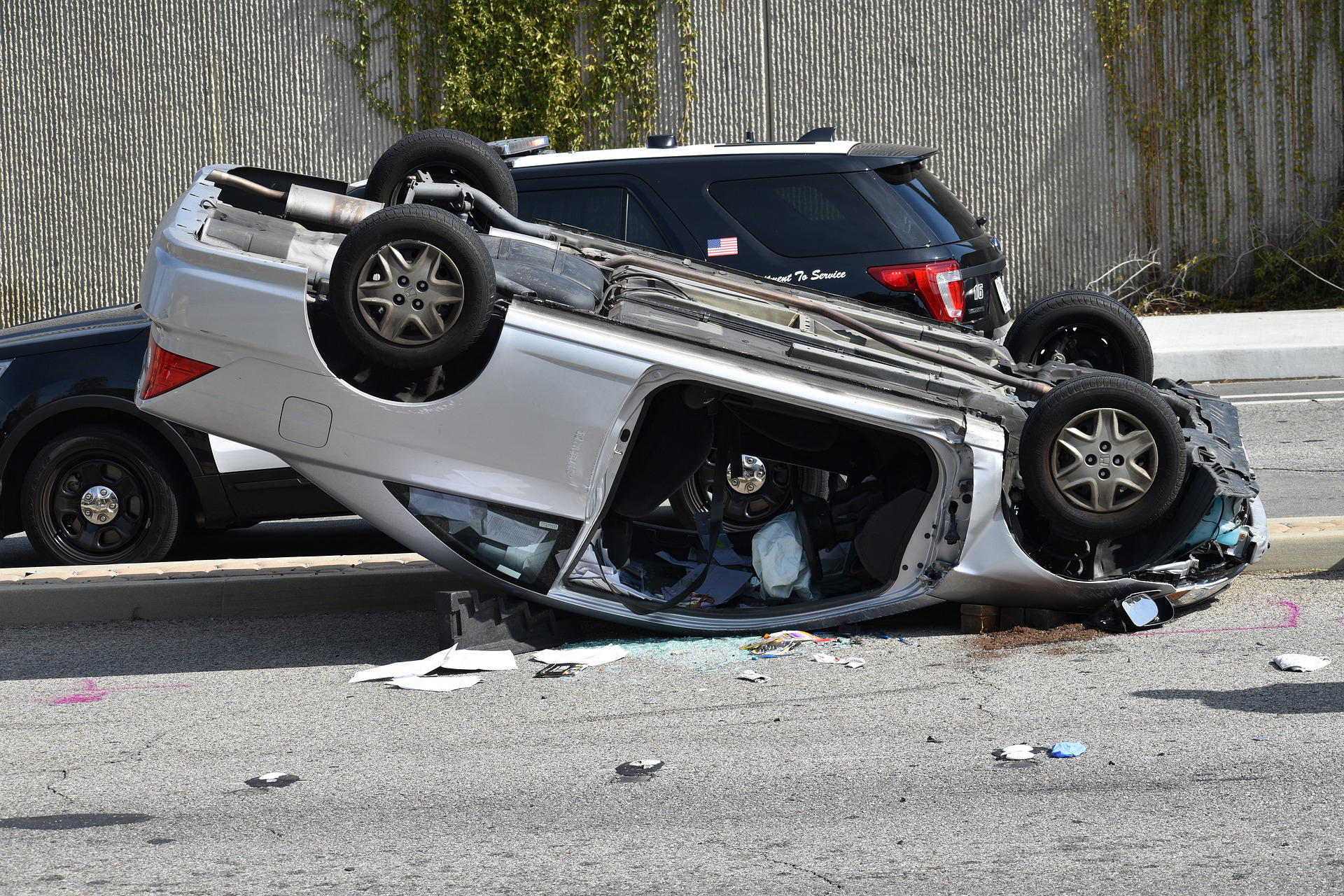Understanding Minor and Major Motor Vehicle Collisions

Are you aware of the differences between vehicle collisions? Knowing how to react in different accident scenarios is crucial for your safety and the safety of others on the road. In urban areas, accidents can happen due to various reasons, such as failure to maintain a safe distance or breaking small road rules. This blog will guide you through the necessary steps to take in case of a minor or major vehicle collision in an urban setting.
Minor Motor Vehicle Collision: Handling Emergency Situations with Caution

When involved in a minor accident with no injuries, it's essential to remain calm and follow these steps:
- Remain Calm: Avoid panicking, as it can escalate the situation.
- Stop the Car: Safely bring the vehicle to a stop away from traffic.
- Check for Injuries: Ensure everyone is safe and unharmed.
- Call 911: Report the accident as required by law.
- Control Traffic: Set up emergency triangles to warn other drivers.
Major Motor Vehicle Collision: Dealing with Injuries and Emergency Aid

In the case of a major accident with injuries, the following steps are crucial:
- Remain Calm: Stay composed and act rationally.
- Ensure Safety: Stop the vehicle safely and turn off the ignition.
- Check Injuries: Attend to any injured passengers immediately.
- Call for Help: Dial 911 for emergency services.
- Provide First Aid: Assist with first aid until help arrives.
What to Do After an Accident: Exchange Information and Document the Incident
After any accident, it's essential to take the following actions:
- Exchange Information: Share essential details with other drivers involved.
- Document the Accident: Collect evidence and take photos for insurance claims.
Understanding Ontario Regulations for Accidents
Ontario categorizes accidents into minor and major incidents, each requiring specific actions. Drivers must comply with reporting requirements and cooperate with authorities to ensure road safety.
By following these guidelines and being prepared for emergency situations, you can navigate urban areas with confidence and ensure the well-being of yourself and others on the road.
Remember, safety is a priority in any accident scenario, whether minor or major. Stay informed, stay alert, and drive responsibly to avoid potential collisions.
In case of any accident, always prioritize safety and follow the necessary steps to ensure a prompt and appropriate response. For more information on safe driving practices, consider exploring resources from driviology drivers smart driving school.
Conclusion
Understanding the distinctions between minor and major vehicle collisions is essential for all drivers, especially in bustling urban areas. By knowing how to react appropriately, you can protect yourself and others in case of an accident. Always keep learning and improving your driving skills to ensure safety on the road.
For further reading on related topics, check out the following keywords:
- Accident
- injury
- urban area
- safe distance
- vehicle collision
- emergency situations
- hit and run
- Insurance Claim
- first aid
- ontario regulations
Bio
Tariq Jamal is a dedicated industry expert with 27 years of experience in technology, specializing in software architecture, software development, e-commerce, loyalty, and analytics.
Passionate about road safety, Tariq launched DRIVIDIA—a marketplace where learners connect with certified instructors who prioritize safety and carry commercial insurance.
To further promote responsible driving, he introduced the DrivPoints Rewards Program, incentivizing safe road habits. Leveraging technology and artificial intelligence, Tariq is reaching a wider audience with the message that safety is for everyone—and so are the rewards. His insights empower readers to make informed, responsible choices on the road.
Connect with Tariq on LinkedIn: linkedin.com/in/tariqjamal
Related Articles
Comments

-
Date:
2024-11-29 -
Category:
RESPECT AND RESPONSIBILITY -
Subcategory:
Minor or Major Motor Vehicle Collision -
Tags:

Leave a Comment